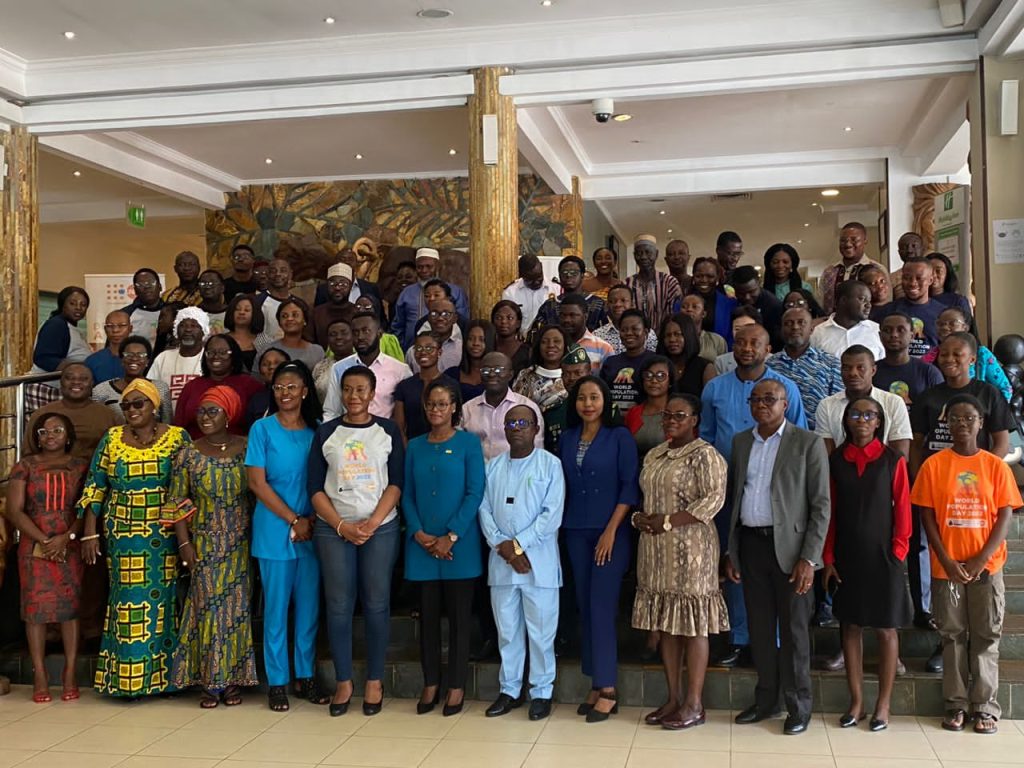By Kodjo Adams/Coreen Fleischer-Djoleto,
Accra, July 11, GNA – Dr Joshua Amo-Adjei, Senior Lecturer, Department of Population and Health, University of Cape Coast, has called for deliberate measures by all stakeholders to bridge gender inequality gaps to spur national development.
He said gender gaps arose because one sex was deprived of the benefits they were entitled to.
Mr Amo-Adjei made the call at this year’s celebration of World Population Day and the Launch of the 2023 State of the World’s Population (SoWP) Report.
The celebration was under the theme, “Unleashing the power of gender equality to spur national development”.
He said sometimes, gender inequalities became wide, largely because women and girls carried a higher burden of reproductive functions.
Mr Amo-Adjei said women should be supported to achieve the fertility desires they wanted not what society desired.
“So, if a woman doesn’t want to have children at all, society must accept that it is her right not to have children, and if the woman wants to have three or four, then it should not be at the expense of her health.
” Therefore, by making contraceptive services available to women, we are helping them achieve their fertility goals,” he said.
Dr Leticia Adelaide Appiah, Executive Director, National Population Council, said gender equality and equity in nutrition, education and reproductive health information and services were essential prerequisites for unlocking individual and communal potential and driving national socio-economic development.
She called for the need to bridge inequality gaps in all sectors, particularly in reproductive health information and services.
Dr Appiah said the 2022 Ghana Demographic and Health Survey highlighted issues such as the high number of births among women aged 15–19 and the persistently high unmet need for family planning.
“Although there has been some progress, with increased modern contraceptive use among married women, it remains lower than the global average,” she noted.
The Executive Director said it was vital to collectively prioritise reproductive health information, education, and services as advocated by the Council and its partners to” achieve the Africa we desire”.

Mrs Faustina Frempong-Ainguah, Deputy Government Statistician, observed that women formed 50.9 per cent of the population in Ghana, but expressed concern about the imbalance with respect to jobs.
“When you look at Parliament for instance, out of the number of seats, only 40 are female, forming about 16 per cent so, even though we have attained these successes, there is more room for improvement,” she said.
GNA